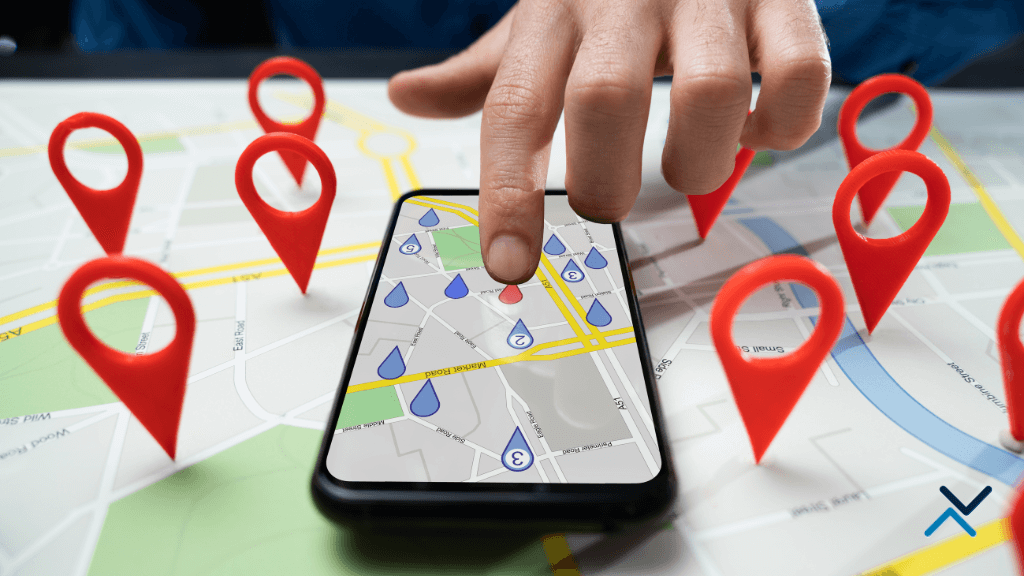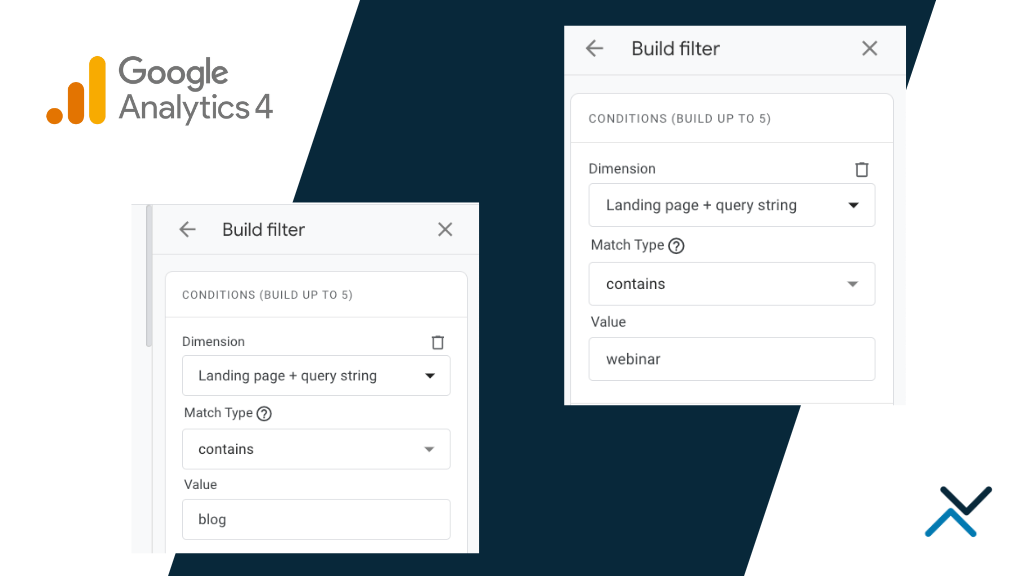As part of a digital marketing strategy, it’s imperative to be continuously improving your SEO so that your website is easily discoverable by search engines. One of the best ways to achieve this is through link development. Link development, or link building, is the process of acquiring hyperlinks from other websites to your own. In this article, we will discuss 7 link development ideas to consider, their benefits, and how to go about obtaining them.
Why Are Links Important To SEO?
Search engines use links to crawl the web and target web pages for ranking. In simplistic terms, links act as a vote of confidence for the content on your website. The more high-quality links that point to your site, the more Google and other search engines will consider your website authoritative and trustworthy. This will, in turn, result in higher search engine rankings. However, it is important to note that not all links are created equal. Links from high-authority sites carry more weight compared to links from low-authority sites.
When crafting your link development strategy, it’s important to consider the quality and relevance of every link you acquire.
1. Directory & Citation Links for Local SEO
Directories are online platforms that list businesses by category, making them an excellent source for localized links. These directories are location-specific and help businesses increase their visibility in their targeted geographic area. Examples of such directories include Yelp, Bing Places and Google Business Profile. Citations are similar to directories. However, they are mention-only listings that don’t link to your website. Citations establish brand identity and improve visibility in local searches. To get started, businesses should research local and industry-specific directories and register their details to be listed. In most cases, the links coming from directory sites are nofollow links, but they are still important to an overall strategy.
2. Links from Resource Pages
Resource pages are pages on websites that list resources and links that provide useful information for their visitors. Resource pages are an excellent source of links because they are specifically curated for their readers, making them ideal for obtaining high-quality links. To acquire links from resource pages, businesses should find relevant and reputable sites in their industry, reach out to the webmaster or content manager, and suggest their website as a valuable resource to be included on their page.
In the case of e-commerce SEO, there’s a great opportunity to source links from manufacturer websites. Many manufacturers have resource pages in the form of “Where to Buy” pages that list out a variety of websites. This benefits readers of the manufacturer’s site while also providing a direct link to a page on your website. Win, win.
3. Links from Related Service Providers
Links from related service providers are links from other businesses in the same industry or those who sell complementary products. For instance, a pet food supplier can contact pet food stores and ask them to link to their website. This type of link-building is a symbiotic relationship that operates much like word-of-mouth referrals. And again, this type of link ultimately benefits the user.
4. Links from Sponsorships & Charities
Sponsorships and charities can offer excellent opportunities for link development while supporting a good cause. Businesses can sponsor an event or a charity, have their logo featured on the event website, and receive a link to their website. Such links support brand awareness and provide a high-value backlink. However, it is essential to ensure that the events or charities are relevant to the business in question.
As an example, one of our clients worked with their local Humane Society as a sponsor and was able to earn a link back from their local affiliate. The link carries a lot of trust and the partnership benefits both parties.
5. Genuine Outreach To Niche-Specific Blogs
Another effective link-building strategy is to reach out to bloggers who are writing about a related topic. Genuine outreach involves identifying niche-specific bloggers who would be interested in the content on your website and providing them with valuable information. To do this, businesses should conduct thorough research, find relevant and authoritative blogs, reach out to the bloggers, and suggest a mutually beneficial partnership.
This type of link development is commonly referred to as guest blogging and it has a somewhat negative connotation in the SEO world. This is unfortunately due to the amount of spam that happens behind the scenes. However, through genuine outreach to relevant blogs, it’s still a very valuable way to earn links. Be cautious of simply buying links from spammers claiming to work with thousands of blogs. You’ll likely get scammed or your website can get in trouble for unnatural links.
6. Links from Journalist Requests (HARO)
Journalists are always looking for stories and sources to cite, making their requests a great source of link-building. Journalist requests allow businesses to contribute their expertise to a timely story while getting a backlink to their website. One of the websites that businesses can use to find journalist requests is Help A Reporter Out (HARO). HARO acts as an intermediary between journalists needing information and businesses who can supply that information. The businesses who supply the information are typically credited with a link and because they represent major publications, the value of the link is immense.
Try signing up for HARO or consider another option like Featured (formerly Terkel) or Qwotted. Each service has a similar business that helps you to earn high-value links.
7. Links from the Press
Lastly, businesses can obtain links from the press by doing research and submitting a data-driven and compelling article to major press outlets. The process involves identifying a newsworthy topic, conducting relevant research, and creating a well-written article. Press sites often have strict editorial guidelines, so it is essential to ensure the article is of high quality before submitting it for approval.
This type of link development is commonly referred to as digital PR as it follows a very traditional PR format. The links obtained from this strategy can be extremely valuable and hard to acquire, making it one of the more difficult strategies on the list.
How Is Your Organization Developing Links?
There’s no doubt that link development is a major pillar to a successful SEO strategy. These are just a handful of strategies we use for our clients – what other link-building methods do you employ? Leave your thoughts in the comments!









